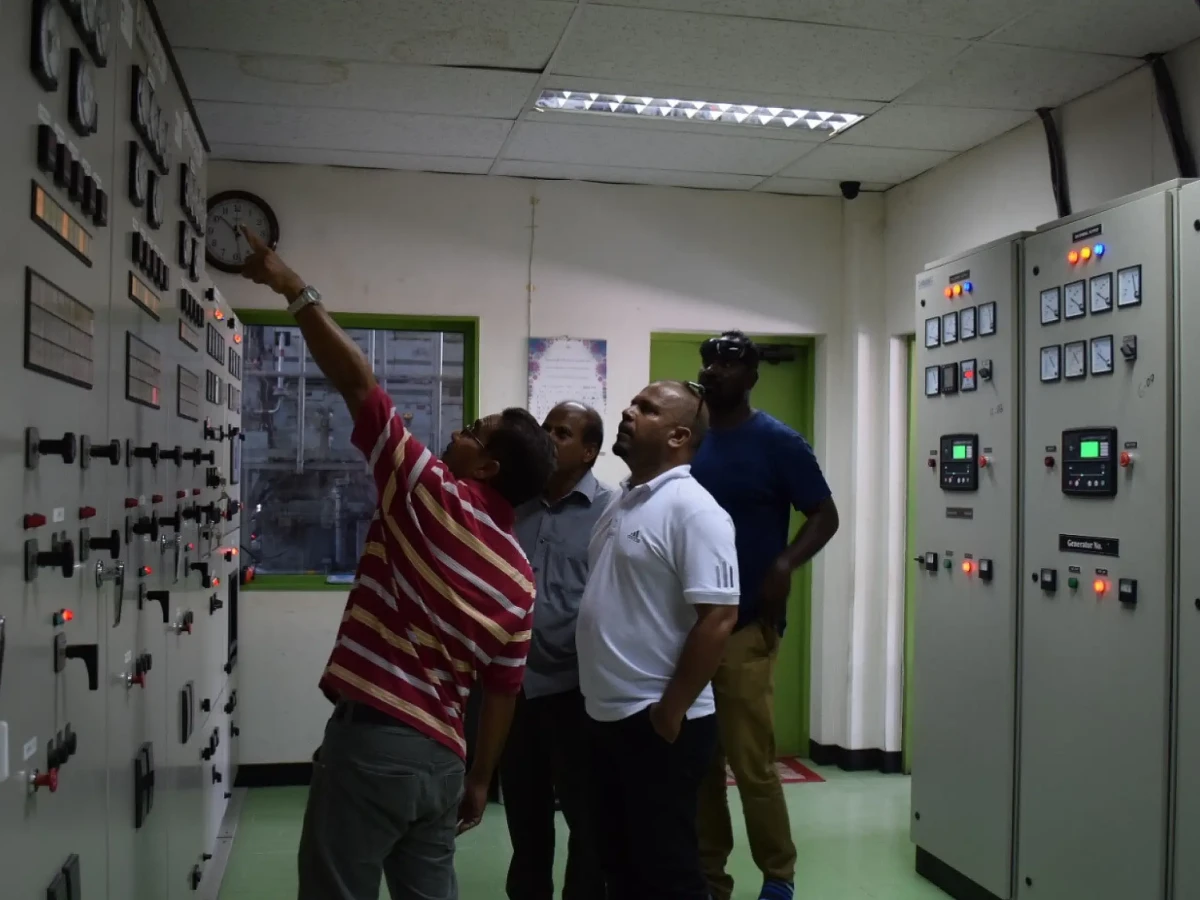
Audit reveals Fenaka's major recruitment, spending irregularities
The proportion of revenue spent on salaries and allowances increased from 23% in 2020 to 36% in 2024.
A special audit of Fenaka Corporation has revealed extensive irregularities in recruitment, promotions, and employee expenditure. The findings indicate that the company has continued questionable employment practices, including hiring without public announcements and promoting staff in contravention of internal regulations.
According to the report issued by the Maldives Audit Office on Wednesday, the number of employees at Fenaka has increased significantly over the past four years. In 2020, the company employed 3,523 people. By the end of 2023, that figure had risen to 6,300. Between 2021 and 2024 alone, Fenaka recruited 7,228 employees — 4,557 permanent and 2,671 temporary.
Despite this increase, the audit noted that the company’s operational expansion, such as water and electricity connections, rose by only 46% during the same period. In contrast, employee numbers grew by 78%. The disparity between operational growth and recruitment raised concerns about sustainability and efficiency.
The audit reported that while employee numbers rose, the company faced difficulties in procuring spare parts and fuel. Employee-related expenditure has outpaced revenue growth. For instance:
-
In 2021, salaries and allowances rose by 15% compared to a 7% increase in revenue.
-
In 2022, salary-related expenses increased by 22%, while revenue rose by 11%.
-
In 2023, expenditure went up by 19% against a 17% rise in revenue.
-
In 2024, revenue grew by 7%, while expenditure on salaries decreased slightly by 1%.
The proportion of revenue spent on salaries and allowances increased from 23% in 2020 to 36% in 2024. The expenditure figures in MVR are as follows:
-
2021: MVR 438 million
-
2022: MVR 754 million
-
2023: MVR 895 million
-
2024: MVR 890 million
By comparison, other utility companies in the Maldives allocate 12% to 20% of revenue for employee compensation.
The audit found that 2,480 employees were hired between 2021 and 2024 without a public announcement. While Fenaka’s recruitment regulations permit this, the Audit Office raised concerns about potential misuse of discretion by management and the exclusion of qualified candidates.
In 2022, 446 permanent employees were hired without announcement. The number increased to 788 in 2023 and 1,246 in 2024. The report recommended introducing a transparent and merit-based recruitment process.
The audit also highlighted a pattern of staff recruitment during election periods. In September 2023, Fenaka’s workforce stood at 7,889. After the presidential election, 1,217 employees were laid off, but the total number of employees reached 7,245 again by mid-2024.
The audit noted that no new projects were initiated in 2023 to justify the increase in staff. The report suggested the hires were politically motivated.
Furthermore, the audit found that even after contract terminations, some temporary staff were later re-employed on a permanent basis. In 2024, 400 employees were laid off from permanent positions, while 1,428 were newly added, including 297 previously laid-off temporary employees.
When compared with other utility companies such as STELCO and MWSC, Fenaka branches had more staff. On average, Fenaka had 11 more employees than MWSC branches and four more than STELCO branches in rural areas. Some branches employed more staff than operational requirements dictated. In a sample review of five branches, 192 people were employed for 26 positions, exceeding the prescribed structure.
The audit also examined promotion practices. Between 2021 and 2024, 1,398 employees were promoted. Some received more than one promotion per year, in violation of company rules. Others were promoted without performance assessments, interviews, or submission of application documents.
The report concluded that excessive recruitment and irregular HR practices are diverting funds from core utility services. It recommended that recruitment be aligned with operational needs and that expenditure on salaries and allowances be strictly controlled.
The Audit Office advised the company to reform its recruitment and promotion procedures to ensure operational sustainability and efficient use of public resources.




